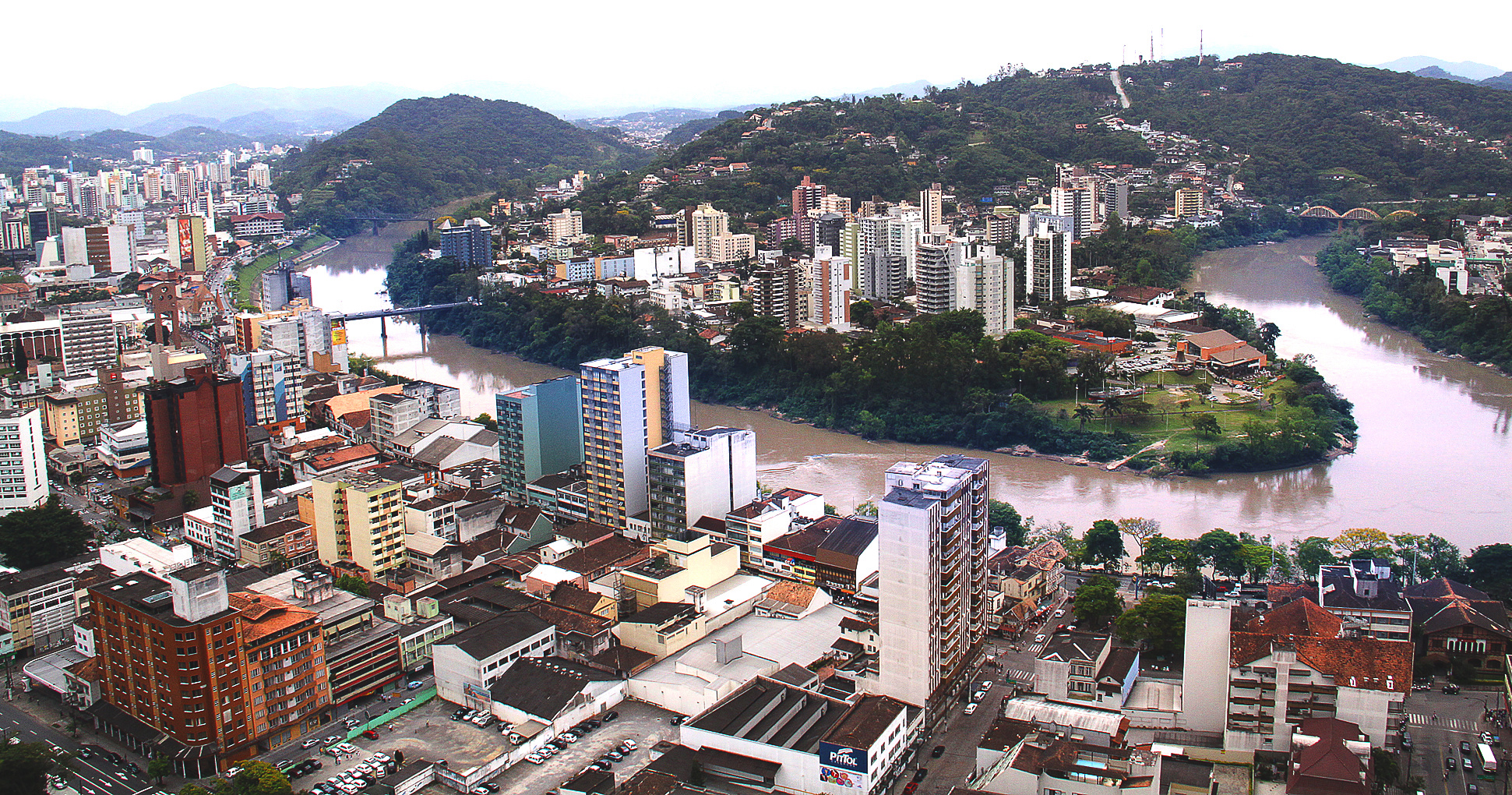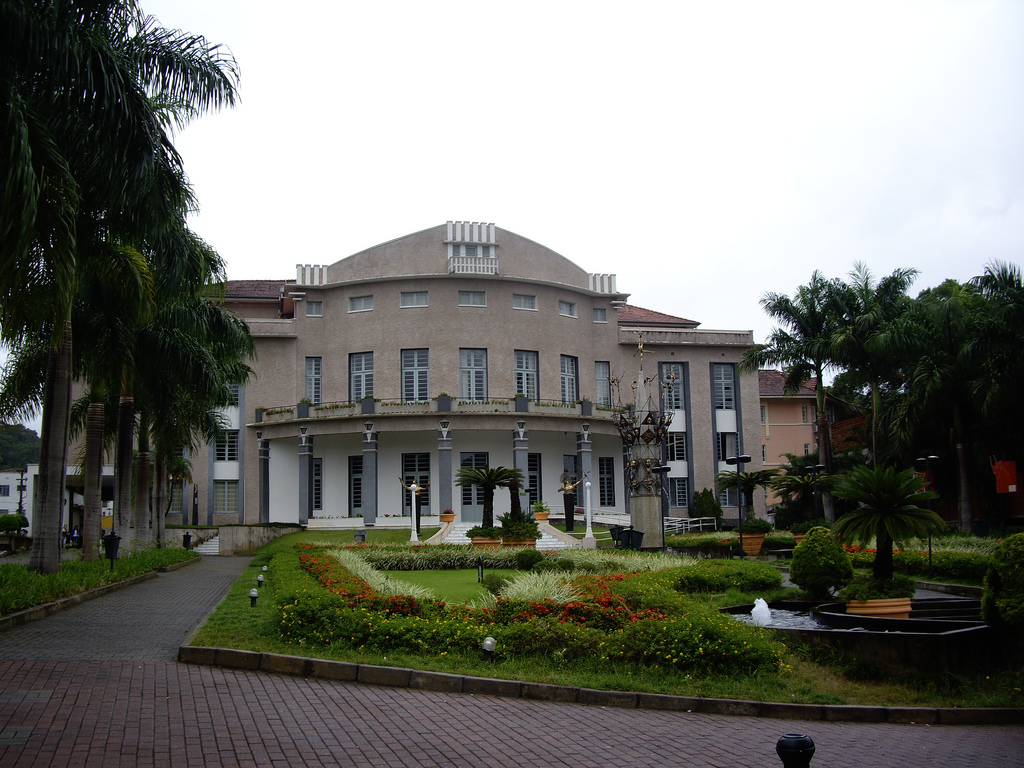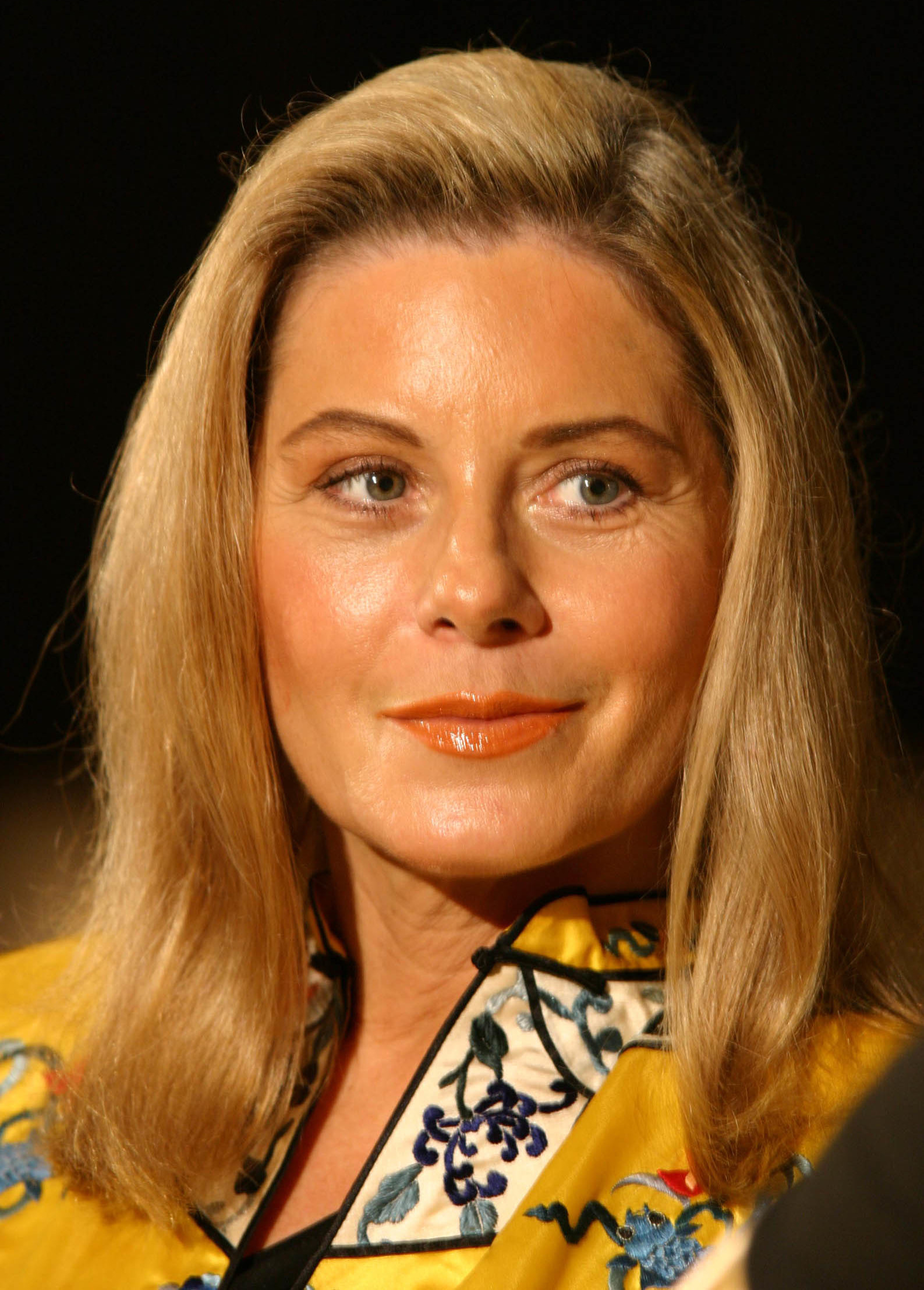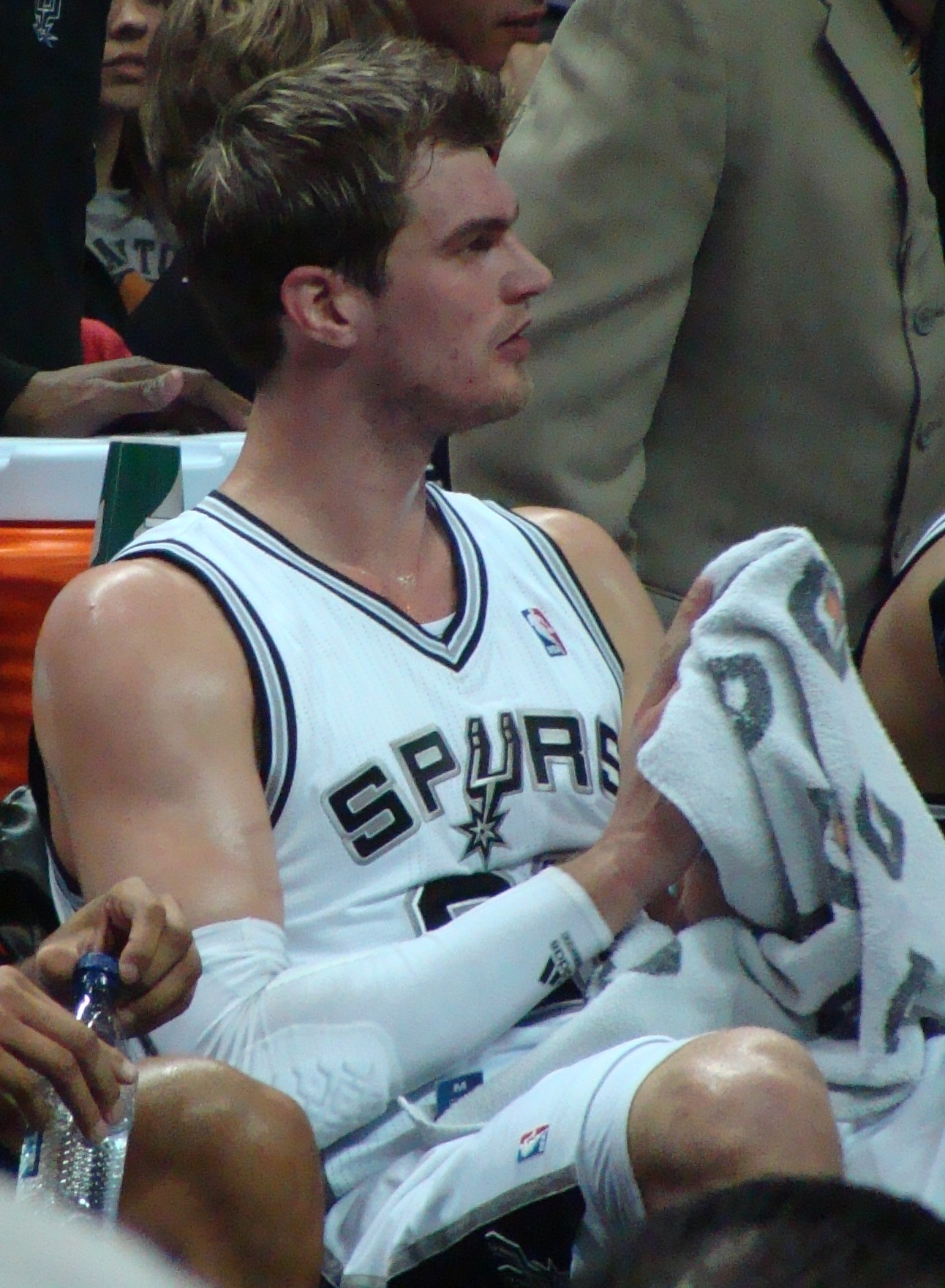Blumenau on:
[Wikipedia]
[Google]
[Amazon]



 Blumenau is a city in
Blumenau is a city in

 * Hermann Blumenau (1819–1899) German pharmacist who founded the city of Blumenau
* Emílio Henrique Baumgart (1889 in Blumenau - 1943) architect and engineer
* Fritz Müller (1821 – 1897 in Blumenau) biologist, an early advocate of Darwinism
* Vera Fischer (born 1951 in Blumenau) actress
* Rita Schadrack (1931 in Blumenau – 1988) film, stage, and voice actress
* Martin Drewes (1918 – 2013 in Blumenau) Luftwaffe military aviator, night fighter ace in
* Hermann Blumenau (1819–1899) German pharmacist who founded the city of Blumenau
* Emílio Henrique Baumgart (1889 in Blumenau - 1943) architect and engineer
* Fritz Müller (1821 – 1897 in Blumenau) biologist, an early advocate of Darwinism
* Vera Fischer (born 1951 in Blumenau) actress
* Rita Schadrack (1931 in Blumenau – 1988) film, stage, and voice actress
* Martin Drewes (1918 – 2013 in Blumenau) Luftwaffe military aviator, night fighter ace in
 *
*



 Blumenau is a city in
Blumenau is a city in Vale do Itajaí
Vale do Itajaí also known as ''Vale Europeu'' (or "European Valley") is a mesoregion located in the Northeastern part of the Brazilian state of Santa Catarina. It has about 1.3 million inhabitants and comprises four smaller regions: Blumenau, ...
, state of Santa Catarina, in the South Region of Brazil
Brazil ( pt, Brasil; ), officially the Federative Republic of Brazil (Portuguese: ), is the largest country in both South America and Latin America. At and with over 217 million people, Brazil is the world's fifth-largest country by area ...
. It is away from the state capital of Florianópolis.
The city was founded by the German chemist
A chemist (from Greek ''chēm(ía)'' alchemy; replacing ''chymist'' from Medieval Latin ''alchemist'') is a scientist trained in the study of chemistry. Chemists study the composition of matter and its properties. Chemists carefully describe t ...
and pharmacist Hermann Bruno Otto Blumenau (1819–1899), who arrived on a boat via Itajaí-Açu River accompanied by seventeen other Germans. It has a cultural agenda focused on parties based on the daily life and habits of European immigrants, with emphasis on German heritage, including the second largest Oktoberfest
The Oktoberfest (; bar, Wiesn, Oktobafest) is the world's largest Volksfest, featuring a beer festival and a travelling carnival. It is held annually in Munich, Bavaria, Germany. It is a 16- to 18-day folk festival running from mid- or ...
in the world, which takes place during 17 days in October.
History
The city was founded September 2, 1850, by Hermann Bruno Otto Blumenau and seventeen other Germanimmigrants
Immigration is the international movement of people to a destination country of which they are not natives or where they do not possess citizenship in order to settle as permanent residents or naturalized citizens. Commuters, tourists, a ...
. Later arrivals include biologist and early proponent of Darwinian Evolution
Darwinism is a theory of biological evolution developed by the English naturalist Charles Darwin (1809–1882) and others, stating that all species of organisms arise and develop through the natural selection of small, inherited variations that ...
, Fritz Müller.
The history of Blumenau is the result of the arrival of German immigrants who settled these fertile areas of the Atlantic Forest. Having an interest in the problems faced by European immigrants, in 1845 Hermann Blumenau reached an agreement with the Society for the Protection of German Emigrants to represent it and traveled to Brazil, aiming to create new German settlements and to check the situation of those that already existed. He traveled to Rio Grande do Sul, and then to Santa Catarina, where he visited the German colony of São Pedro de Alcântara. Aware of comments about the Itajaí Valley, he explored it in detail, in association with his compatriot Ferdinand Hackradt, since the aforementioned society was dissolved.
After taking certain precautions, Hermann Blumenau headed for Germany, to seek immigrants. On September 2, 1850, Hermann Blumenau returned to the chosen area with the seventeen initial immigrants. Despite the floods, clashes with wild animals and even with the indigenous peoples
Indigenous peoples are culturally distinct ethnic groups whose members are directly descended from the earliest known inhabitants of a particular geographic region and, to some extent, maintain the language and culture of those original people ...
, due to the work of German immigrants willing to migrate continuously in greater numbers, the settlement prospered.
On February 4, 1880, the municipality
A municipality is usually a single administrative division having corporate status and powers of self-government or jurisdiction as granted by national and regional laws to which it is subordinate.
The term ''municipality'' may also mean the go ...
of Blumenau was created, composed of about 13,000 residents.
Demographics
, Blumenau had an estimated population of 361,855 people, with an area of 519 km2 (200 sq mi). The main ethnic origin of the city inhabitants are German andItalian
Italian(s) may refer to:
* Anything of, from, or related to the people of Italy over the centuries
** Italians, an ethnic group or simply a citizen of the Italian Republic or Italian Kingdom
** Italian language, a Romance language
*** Regional Ita ...
. The city displays many historical and cultural reminders of their heritage, such as houses and other buildings built in traditional German styles, statues, and memorials.
Blumenau, compared to other Brazilian cities, has a very high Human Development Index
The Human Development Index (HDI) is a statistic composite index of life expectancy, education (mean years of schooling completed and expected years of schooling upon entering the education system), and per capita income indicators, wh ...
, 0.806 as of 2010.
Ethnic composition
:''Source: 2010 IBGE Census''Religion
:''Source: 2010 IBGE Census''Geography
The city is located in a valley bisected by the Itajaí-Açu River, surrounded by hills with forests. The lower areas, including towers and tall buildings in the city center, constantly suffer from the threat of floods. Blumenau's first recorded flood took place in the dawn on September 23, 1880. The worst took place in 1983 and 1984, when the city was completely isolated for weeks. Today, Blumenau is well-prepared against such threats, but many citizens prefer to live in higher areas spread into the nearby hills and plains to avoid flooding. However, this planning could not avoid even worseflooding
A flood is an overflow of water ( or rarely other fluids) that submerges land that is usually dry. In the sense of "flowing water", the word may also be applied to the inflow of the tide. Floods are an area of study of the discipline hydrolog ...
in late November 2008, that killed over 100 and forced thousands to evacuate.
Climate
The climate of Blumenau is considered to be subtropical, a climate of transition between the predominantly tropical climate of Brazil and the predominantly temperate climate ofArgentina
Argentina (), officially the Argentine Republic ( es, link=no, República Argentina), is a country in the southern half of South America. Argentina covers an area of , making it the second-largest country in South America after Brazil, th ...
. Under the Köppen climate classification
The Köppen climate classification is one of the most widely used climate classification systems. It was first published by German-Russian climatologist Wladimir Köppen (1846–1940) in 1884, with several later modifications by Köppen, notabl ...
, the city has a warm, humid subtropical climate.
Blumenau, like the entire state of Santa Catarina, is located south of the Tropic of Capricorn
The Tropic of Capricorn (or the Southern Tropic) is the circle of latitude that contains the subsolar point at the December (or southern) solstice. It is thus the southernmost latitude where the Sun can be seen directly overhead. It also reac ...
; therefore it is mild in the winter with temperatures averaging 16.6 °C (61 °F) and hot and humid in the summer with high temperatures averaging around 30 °C (87 °F). On July 23, 2013 the downtown of the city got a snow-rain mix and higher neighborhoods had accumulating snow.
Economy
Blumenau's main economic activity is still thetextile industry
The textile industry is primarily concerned with the design, production and distribution of yarn, cloth and clothing. The raw material may be natural, or synthetic using products of the chemical industry.
Industry process
Cotton manufacturi ...
, represented by large manufacturers such as Cia. Hering, Karsten and Teka.
Another area that draws attention is that of information technology
Information technology (IT) is the use of computers to create, process, store, retrieve, and exchange all kinds of Data (computing), data . and information. IT forms part of information and communications technology (ICT). An information te ...
; the city is the headquarters of the so-called Brazilian Silicon Valley
Brazilian Silicon Valley is a term commonly applied to the region of Campinas and in southern region this term is applied for Florianópolis city, Brazil because of its similarity to the 'original' Silicon Valley, located in California in the US ...
, and many software leaders in its segment, some of whom were born in Blusoft and Instituto Gene startup incubators. Blumenau is also known as a location for the manufacturing of metallurgic, mechanical, and electrical equipment.
It has a strong economy, boosted by strong trade, service, and tourism events, with exhibitions of international importance, which are generally held in ''Vila Germânica'' (German Villa Park). Additionally, a new but rapidly expanding market is the production of craft beer
Beer is one of the oldest and the most widely consumed type of alcoholic drink in the world, and the third most popular drink overall after water and tea. It is produced by the brewing and fermentation of starches, mainly derived from ce ...
, such as Eisenbahn.
Transport
Even though Blumenau has its own airport, normally passengers use scheduled flights operated from Ministro Victor Konder International Airport, located in the nearby municipality of Navegantes.Gol Airlines
Gol may refer to:
Places
*
* Gol, Gilan, a village in Gilan Province, Iran
* Gol, South Khorasan, a village in South Khorasan Province, Iran
* Gol, Bukan, a village in West Azerbaijan Province, Iran
* Gol, Chaldoran, a village in West Azerbaijan ...
, Azul Brazilian Airlines, Latam, and Avianca offer for its passengers bus transfers between Navegantes and Blumenau at regular times.
Tourism
The Blumenau's Tourism Department maintains four tour routes covering different aspects of the city. Besides these, there's the festival of the municipality. Also, theOktoberfest of Blumenau
The Oktoberfest of Blumenau is a festival of German traditions that happens in middle October in the city of Blumenau, Santa Catarina, Brazil. It is considered the biggest German festival in the Americas, and the second biggest Oktoberfest celeb ...
, held every October, attracts over a million tourists every year.
Subdivisions
Blumenau has 35 neighbourhoods:Notable people

 * Hermann Blumenau (1819–1899) German pharmacist who founded the city of Blumenau
* Emílio Henrique Baumgart (1889 in Blumenau - 1943) architect and engineer
* Fritz Müller (1821 – 1897 in Blumenau) biologist, an early advocate of Darwinism
* Vera Fischer (born 1951 in Blumenau) actress
* Rita Schadrack (1931 in Blumenau – 1988) film, stage, and voice actress
* Martin Drewes (1918 – 2013 in Blumenau) Luftwaffe military aviator, night fighter ace in
* Hermann Blumenau (1819–1899) German pharmacist who founded the city of Blumenau
* Emílio Henrique Baumgart (1889 in Blumenau - 1943) architect and engineer
* Fritz Müller (1821 – 1897 in Blumenau) biologist, an early advocate of Darwinism
* Vera Fischer (born 1951 in Blumenau) actress
* Rita Schadrack (1931 in Blumenau – 1988) film, stage, and voice actress
* Martin Drewes (1918 – 2013 in Blumenau) Luftwaffe military aviator, night fighter ace in WWII
World War II or the Second World War, often abbreviated as WWII or WW2, was a world war that lasted from 1939 to 1945. It involved the vast majority of the world's countries—including all of the great powers—forming two opposin ...
* Mariana Weickert (born 1972 in Blumenau) model
* João Geraldo Kuhlmann (1882 in Blumenau - 1958) a botanist, specialist on the taxonomy
Taxonomy is the practice and science of categorization or classification.
A taxonomy (or taxonomical classification) is a scheme of classification, especially a hierarchical classification, in which things are organized into groups or types. ...
of Angiosperms
* Luiz Henrique da Silveira (1940 in Blumenau – 2015) politician and lawyer
* Edward af Sillén (born 1982 in Blumenau) Swedish screenwriter & director for film and TV
* Armin Zimmermann (1917 in Blumenau – 1976) German admiral and Inspector General of the Bundeswehr
Sport
Tiago Splitter
Tiago Splitter Beims (born January 1, 1985) is a Brazilian former professional basketball player who played seven seasons in the National Basketball Association (NBA). He is currently serving as player development coach for the Brooklyn Nets. A ...
, (born 1985 in Blumenau) former professional basketball player
* Tiago Volpi, (born 1990 in Blumenau) football goalkeeper
* Bruna Pickler, (born 1990 in Blumenau), athlete, actress, composer and sports reporter
* Ana Amorim Taleska, (born 1983 in Blumenau) handball player
* Christian Maicon Hening, (born 1978 in Blumenau) football player
* Eduarda Amorim Taleska, (born 1986 in Blumenau) handball player
* Rafael Schmitz, (born 1980 in Blumenau) football player
* Barbara Bruch, (born 1987 in Blumenau) female volleyball player
* Jean Carlo Witte
Jean Carlo Witte (born 24 September 1977 in Blumenau, Santa Catarina) is a Brazilian football (soccer) defender.
He played for Santos and Brazilian U-20 team at 1997 FIFA World Youth Championship.
Club statistics
Honors Team
*J.League Cup ...
, (born 1977 in Blumenau) football player
* Nathan Allan de Souza, (born 1996 in Blumenau) football player
* Ana Moser, (born 1968 in Blumenau) former volleyball player, team captain and team gold medallist at the 1996 Summer Olympics
The 1996 Summer Olympics (officially the Games of the XXVI Olympiad, also known as Atlanta 1996 and commonly referred to as the Centennial Olympic Games) were an international multi-sport event held from July 19 to August 4, 1996, in Atlanta, ...
Twin towns – sister cities
Blumenau is twinned with: * Bariloche, Argentina *Campinas
Campinas (, ''Plains'' or ''Meadows'') is a Brazilian municipality in São Paulo State, part of the country's Southeast Region. According to the 2020 estimate, the city's population is 1,213,792, making it the fourteenth most populous Brazilian ...
, Brazil
* Osorno, Chile
* Petrópolis
Petrópolis (; ), also known as The Imperial City, is a municipality in the Southeast Region of Brazil. It is located in the state of Rio de Janeiro, northeast of the city of Rio de Janeiro. According to the 2010 National Brazilian Census, Petr ...
, Brazil
* Weingarten, Germany
* Posadas, Argentina
* Badajoz
Badajoz (; formerly written ''Badajos'' in English) is the capital of the Province of Badajoz in the autonomous community of Extremadura, Spain. It is situated close to the Portuguese border, on the left bank of the river Guadiana. The populatio ...
, Spain
* Oxapampa
Oxapampa is the capital of Oxapampa District and Oxapampa Province in Peru in the eastern part of the Pasco Region. . Oxapampa belongs to the natural region known as Selva Alta or high jungle. northward down the valley of the Huancabamba River ...
, Peru
See also
*Colonia Tovar
Colonia Tovar ( en, Tovar Colony) is a town of Venezuela, capital of the municipality Tovar in Aragua state. It is located about west of Caracas. It was founded on April 8, 1843, by a group of 390 immigrants from the then independent state of t ...
* Timbó
* Villa General Belgrano
References
Sources
*External links
* {{Coord, 26, 56, S, 49, 03, W, region:BR_type:city, display=title Populated places established in 1850 1850 establishments in Brazil German-Brazilian culture Municipalities in Santa Catarina (state)